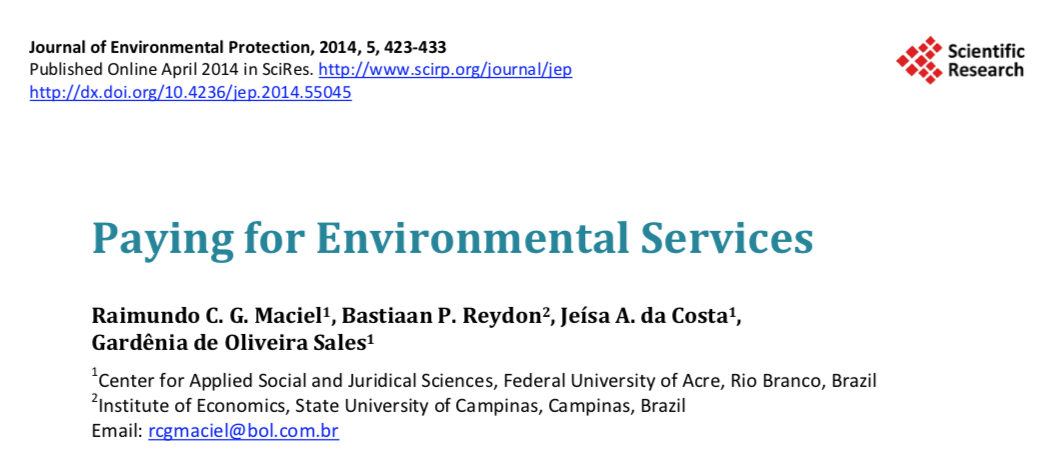Women’s Land Rights and COVID-19
In the six months since the coronavirus began its global spread, more than 15 million people have been diagnosed with COVID-19 and more than 600,000 have perished, causing governments around the world to institute lockdowns and shut down businesses while entire industries have been devastated.





